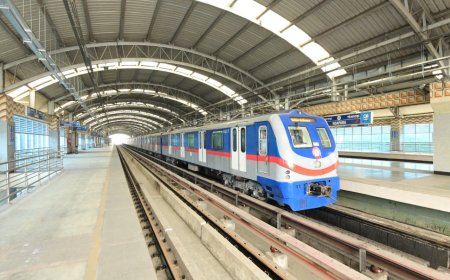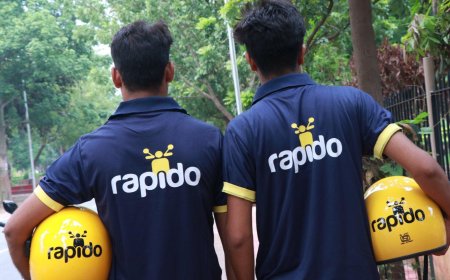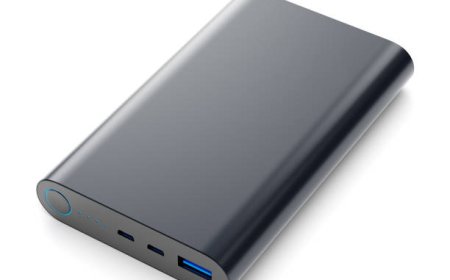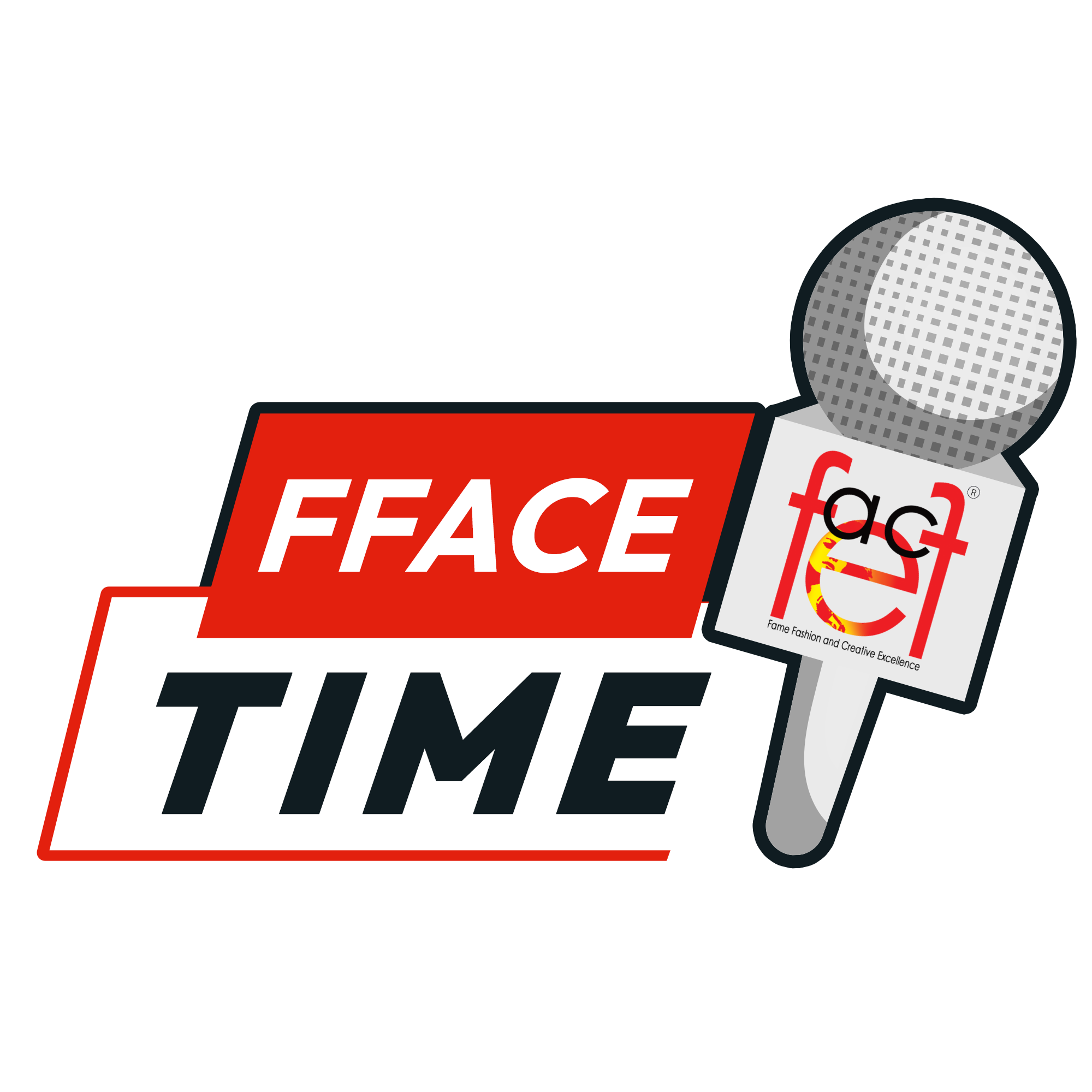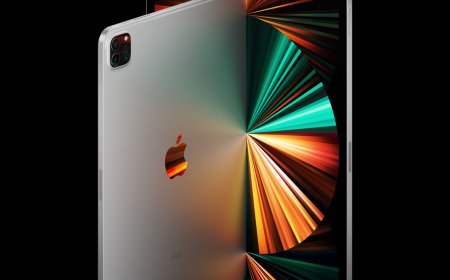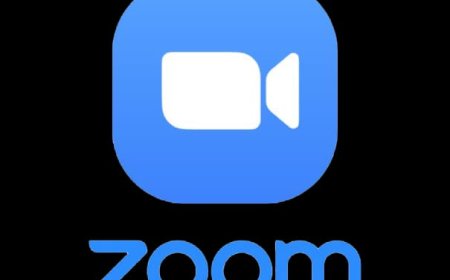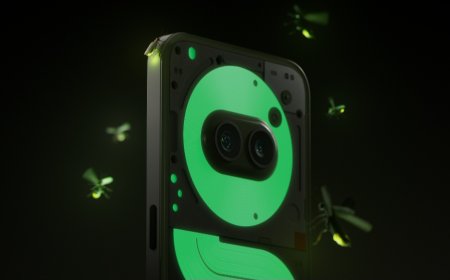Google CEO Sundar Pichai Remains Optimistic About AI's Impact on Jobs Amid Industry Concerns

As AI technology rapidly advances, concerns about potential job displacement—particularly in white-collar roles—are rising. However, Google CEO Sundar Pichai offers a more hopeful perspective, suggesting that artificial intelligence will act as a tool for empowerment rather than replacement.
With AI tools like ChatGPT, Gemini, and emerging agentic platforms becoming more capable, companies are increasingly adopting automation in areas such as research and software development. Earlier this year, OpenAI launched a Deep Research agent, aimed at assisting or even replacing entry-level research roles. This was soon followed by the Codex software engineering agent. At Google I/O 2025, the tech giant introduced its own AI coding assistant, Jules, adding to the growing list of AI tools that could impact traditional employment models.
Despite a stark warning from Anthropic CEO Dario Amodei—who projected that up to 50% of white-collar entry-level jobs could be eliminated within one to five years—Pichai maintains an optimistic stance. Speaking on Lex Fridman’s podcast, he highlighted the productivity gains Google has seen with the help of AI.
“I think a few things. Looking at Google, we've given various stats around 30% of code now uses AI-generated solutions or whatever it is. But the most important metric, and we carefully measure this, how much has our engineering velocity increased as a company due to AI. And it's tough to measure, and we rigorously try to measure it. And our estimates are that number is now at 10%,” Pichai said.
He emphasized that AI tools are not replacing engineers, but rather augmenting their capabilities. “Now, across the company, we've accomplished a 10% engineering velocity increase using AI. But we plan to hire more engineers next year. Because the opportunity space of what we can do is expanding too. And so, I think hopefully, at least in the near to mid-term, for many engineers, it frees up more and more of the, even in engineering and coding, there are aspects which are so much fun. You're designing, you're architecting, you're solving a problem. There's a lot of grunt work, which all goes hand in hand,” he added.
Pichai sees the current shift as a transformative moment for the tech industry, one that can unlock greater creativity and collaboration among engineers. “But it hopefully takes a lot of that away, makes it even more fun to code, frees you up more time to create, problem-solve, brainstorm with your fellow colleagues, and so on. So, that's the opportunity there. And second, I think it'll attract, it'll put the creative power in more people's hands, which means people create more, that means there'll be more engineers doing more things,” he concluded.
While the debate around AI and job security continues, Pichai’s comments reflect a broader industry hope that human ingenuity, aided by intelligent tools, will continue to be central in shaping the future of work.
What's Your Reaction?








